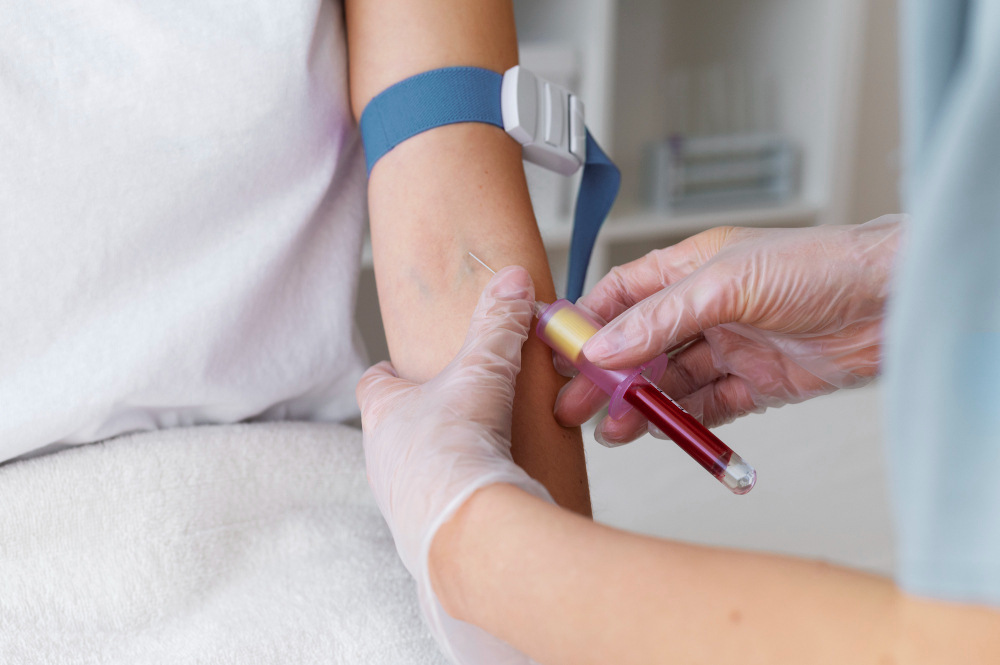
Examining the Reasons Why You Shouldn’t Donate Plasma: Understanding Potential Risks and Considerations
Plasma donation has become a common practice, touted for its potential to save lives and provide individuals with financial compensation. However, as with any medical procedure, there are benefits and risks. While plasma donation can have significant positive impacts, it’s equally important to understand the reasons why you shouldn’t donate plasma. In this exploration, we delve into the potential risks and considerations associated with plasma donation, providing a comprehensive view to help individuals make informed decisions.
Health Comes First
Before donating plasma, it’s crucial to assess your medical eligibility. Certain medical conditions, medications, and health histories may disqualify you from donation. For instance, individuals with chronic health conditions, infectious diseases, recent surgeries, or specific medications might not be suitable candidates. Prioritizing your health and well-being should always be the top consideration when contemplating plasma donation.
Balancing Your Body’s Needs
Plasma donation involves the extraction of a portion of your blood, which is then processed to collect plasma. While your body can regenerate the plasma component relatively quickly, the process might affect your blood volume. Frequent plasma donation without adequate time for your body to recover can lead to fatigue and weakness and potentially compromise your immune system. It’s essential to balance your desire to donate and your body’s natural recovery process.
Supporting Your Body
Plasma donation requires proper hydration before and after the procedure. Dehydration can lead to complications such as dizziness, fainting, and decreased blood pressure. Additionally, plasma donation can temporarily reduce your body’s protein levels, which might affect your nutritional balance. Maintaining a healthy diet and staying hydrated is vital to supporting your body’s well-being during and after donation.
Navigating the Risks
While plasma donation is generally safe, there are potential side effects. Some individuals may experience dizziness, lightheadedness, nausea, or allergic reactions during or after the procedure. These side effects can vary based on individual tolerance and hydration levels. Preparing for potential side effects and monitoring your body’s response is essential for a safe donation experience.
Weighing the Value
Plasma donation is not just about the procedure itself—it also involves the time commitment for registration, waiting, and post-donation recovery. The time investment can range from an hour to several hours, depending on factors such as the donation center’s efficiency and your body’s response. Before deciding to donate plasma, assessing whether the time commitment aligns with your schedule and priorities is essential.
Scrutinizing Compensation
Many plasma donation centers offer financial compensation to donors as an incentive. While this compensation can be appealing, it’s essential to scrutinize the terms and ensure they are aligned with ethical practices. Some centers may exploit donors or fail to adequately compensate them for the time, effort, and potential health risks of plasma donation. Choosing a reputable and transparent donation center protects your well-being and ensures ethical compensation.
Balancing Altruism and Personal Gain
Plasma donation is often framed as a selfless act to save lives by providing essential medical treatments. However, the line between altruism and personal gain can sometimes blur, especially when financial compensation is involved. While compensation can be an incentive, assessing whether your primary motivation aligns with genuinely helping others or solely seeking monetary rewards is essential.
Consulting Healthcare Professionals
Before deciding to donate plasma, it’s advisable to consult healthcare professionals, especially if you have pre-existing medical conditions or concerns. Medical professionals can provide personalized guidance based on your health history, medications, and overall well-being. Their expertise can help you make an informed decision, prioritizing your health and safety.
A Complex Decision
Plasma donation is a complex decision that involves weighing the benefits and potential risks. While plasma donation can save lives and provide financial compensation, it’s crucial to consider your medical eligibility, recovery time, possible side effects, and ethical considerations. Prioritizing your health, well-being, and the long-term impact of your decision is essential. By understanding why you shouldn’t donate plasma and making an informed choice, you can contribute to the well-being of both yourself and others responsibly and ethically.

